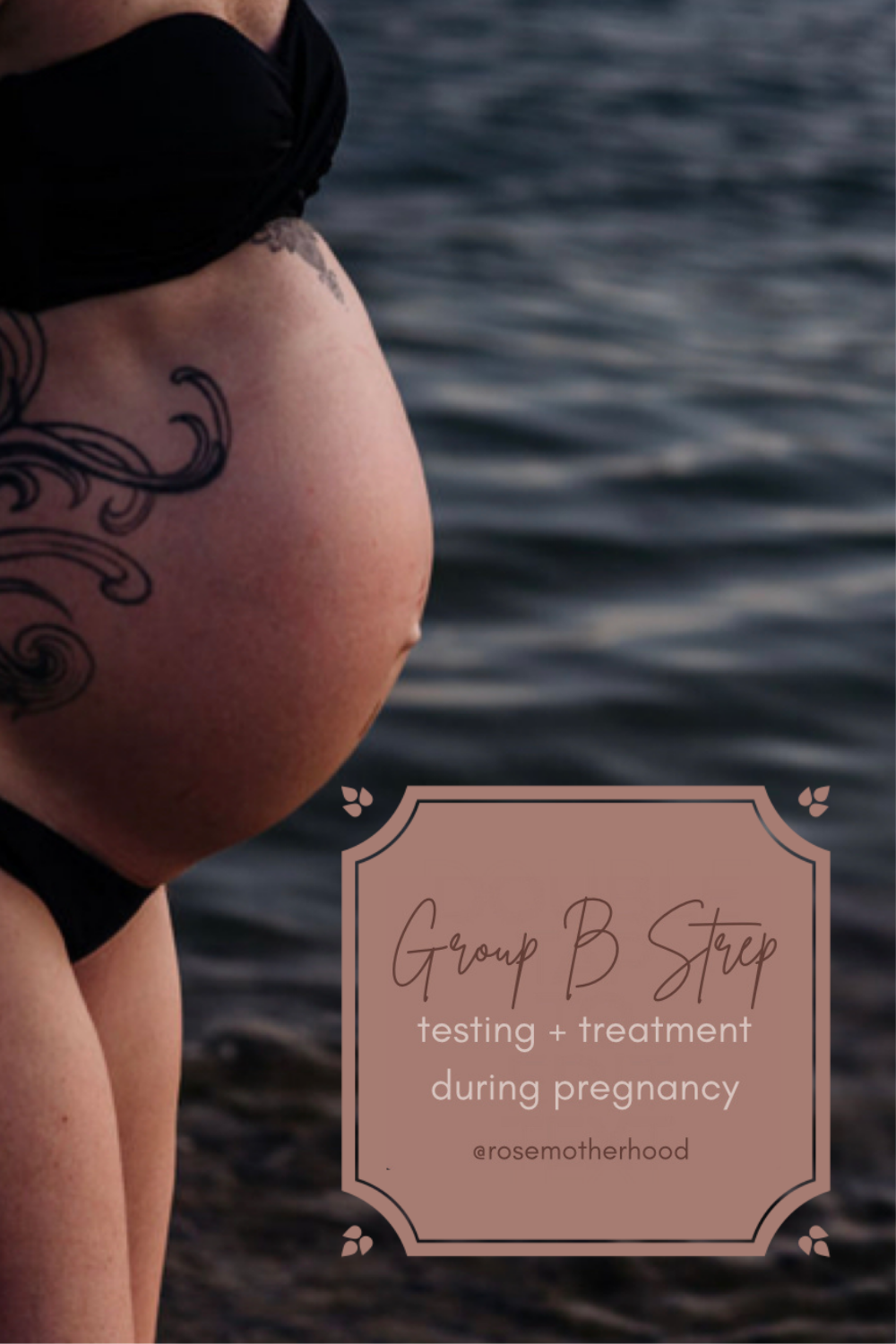Group B Strep: Testing, Treatment, and Alternatives
Did you test positive for GBS during your pregnancy? Did you know that even if you test positive, you have options?
I tested positive for GBS when I was pregnant with Titus and I chose to go by the same protocol that they use in the UK (where they have lower infant mortality rates than we do here.) We chose to turn down routine antibiotics and to only use them if other risk factors or signs of infection were present. These risk factors include:
Having previously given birth to a baby who had GBS infection
GBS bacteria in urine (either with or without symptoms)
The amniotic sac (‘waters’) being broken for more than 18 hours prior to delivery
Onset of labor or waters breaking before 37 weeks
Developing a fever higher than 100.4 F during labor
We also seriously limited cervical exams, and did not do any cervical exams once my waters had broken. Cervixes are not crystal balls; they cannot predict when a baby can or will be born. Cervical exams are unnecessary and can introduce bacteria into the amniotic fluid.
I get frustrated by how much fear is instilled into women surrounding GBS testing and results.
Did you know that we are ALL colonized with GBS? It is transient, so it comes and goes. GBS bacterium in the gut + vagina is a variation of normal. There is a difference between GBS colonization and GBS infection. GBS colonization is normal and expected. Even your infant can be colonized with GBS without it being a problem. An infection indicates an imbalance; an overgrowth of the GBS bacteria, or having them in an area they shouldn’t be in (such as your baby’s lungs). It is infection that must be avoided.
A test at 36-37 weeks will not accurately reflect your bacterial environment when labor begins. A positive test means you were positive on the day of the test; it doesn’t mean it will be there at birth or that it will be detrimental to your baby.
Did you know that mothers can develop immunity to GBS and pass it on to their babies?
Medical professionals have a tendency of “lying with statistics.” The claim is that if you do test positive for GBS and you consent to IV antibiotics during labor, it reduces your baby’s risk of developing GBS related infection by 80%. This sounds convincing! What they don’t add is that your baby’s risk is dropping from 1% down to 0.2%.
Did you know that breastmilk and breastfeeding is protective against GBS? This is so important!
Research has shown that antibiotics during labor do not reduce mortality rates for GBS, and antibiotics come with inherent risks to both mama and baby’s microbiome.
So do the benefits of antibiotics REALLY outweigh the risks?
That’s for you to decide! Each person must weigh the risks vs benefits for themselves and their baby.
Here are some resources and readings for more info:

